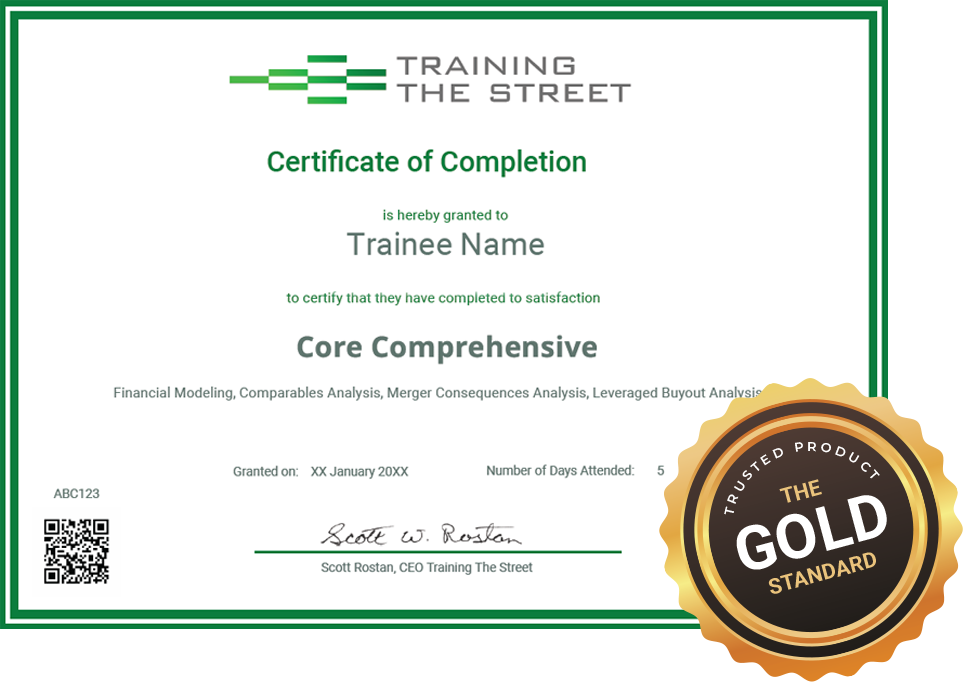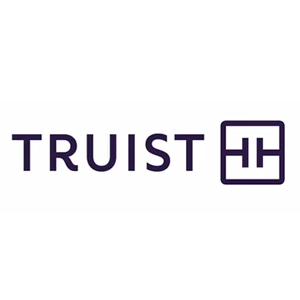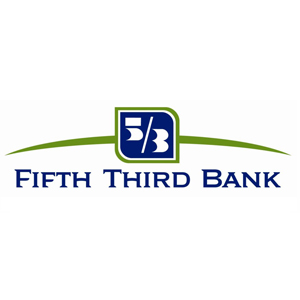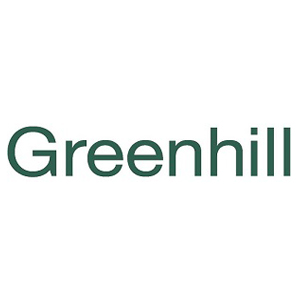
Further Your CRE Financial Knowledge...
Utilizing the same case study based approach delivered for our corporate clients, this course provides hands on training focused on the commercial real estate industry.
Participants will learn key real estate metrics and terms, evaluate property cash flows, analyze different property types and finally build an acquisition model.
Led by our experienced instruction team of former practitioners, you get a unique blend of industry insight combined with a passion for teaching. The average TTS instructor has been part of the team for 8.5 years.
What you will learn?

Real Estate Fundamentals Using Applied Excel
Key Fundamental Real Estate Topics:
- Provide an overview of commercial real estate as an alternative asset class and how it is viewed in the context of investment management
- Discuss CRE fundamentals including occupancy/vacancy, absorption, rent rolls, stacking plans, property taxes/insurance, physical space utilization, etc.
- Introduce and calculate the fundamental elements of a property cash flow statement
- Provide an overview of lease types (triple net, full-service gross, base year stop lease) and calculate rents based on leasable square footage.
Key Excel Skills:
- Develop diverse date capabilities including an understanding of serial dates, EOMONTH, TODAY, YEAR, ROUNDUP and Fill Series
- Introduce popular text functions to clean, aggregate and disaggregate real estate data including LEFT, RIGHT, MID, and FIND
- Build and differentiate INDEX, OFFSET, MATCH and LOOKUP functions
- Analyze real estate data using SUMIF, COUNTIF, and Nested IF functions
- Introduce the SUMPRODUCT function and review advanced versions needed to perform conditional and categorical analysis (e.g., location, property type, etc.)
- Integrate TEXT functions and introduce more complex, multiple-output data tables (e.g., blending a multiple and a cap rate in the same output).
- Introduce Excel waterfalls (“bridges”) to highlight key financial outputs
- Complete XY Scatter charts to explore cap rate valuations based on multiple series categorical variables (e.g., location or property type)
Real Estate Acquisition Financial Modeling
Key CRE Financial Modeling Topics:
- Brief review of financial modeling Excel Best Practices including shortcut keys, formula construction, design, format, and formula auditing
- Compare and contrast different property types, their property cash flow characteristics, and review approximate cap rates
- Model gross and effective net revenue based on high-level growth assumptions and vacancy rates
- Build sources and uses of funds in the acquisition model for two different deal types: ‘Core+’ and ‘Value Add’ acquisitions
- Calculate purchase price and indicative cap rates including adjustments to NOI, the basis of the investment and corresponding effective cap rates (e.g., all-in vs. purchase price)
- Project leasing and capital costs (e.g., Tis, LCs and capex demands) with an emphasis on arriving at levered free cash flow
- Evaluate the nature of each deal type, business plan and future investment requirements
- Calculate IRRs and multiple time periods—both levered and unlevered
- Calculate NOI yield and cash-on-cash yields throughout the expected holding period and create summary output
- Calculate real estate-specific data tables including returning multiple outputs in the same data table (e.g., NOI multiple/cap rate)
- Introduce the concept of ‘front-loaded’ capex (e.g., through sources and uses) versus CapEx invested over time (via the cash flow statement) and implications for IRR calcs
- Summarize the output of the two deal types using self-referencing IF statements and compare-and-contrast different risk/reward parameters
What Does A Day Look Like?
Who Is This Course For?


Course Details
What’s Included
Schedule
Prerequisites
How Do You Like To Learn?

Flexible Learning Options
Our courses are available in both in-person or virtual classroom formats. If you learn better in your own space or traveling isn’t convenient, virtual is great solution. Either way, you get the skills and support you need to succeed.

Course Pricing
Cancellation Policy
See what our students say

Training The Street has been teaching the biggest finance firms for over 20 years. To help unlock your career potential, we offer certificates to provide the recognition you deserve.
After you finish your course, you will receive a certificate which can be easily added to your LinkedIn profile.




















